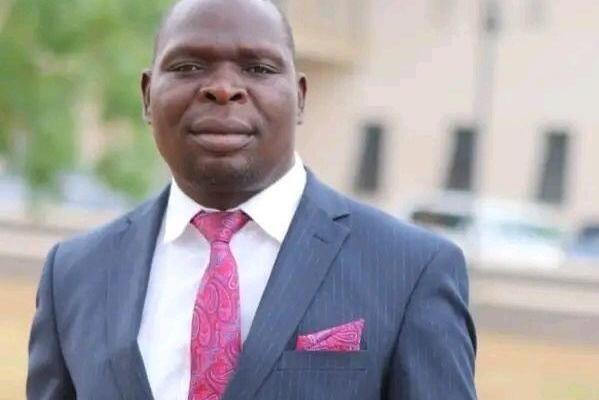
Malawi Finance Minister, Simplex Chithyola Banda, has been soliciting views from different stakeholders on how to turn around the economy of Malawi as Parliament is preparing to meet soon for the mid-term big budget review. As a patriotic citizen of Malawi, I have decided to share my thoughts in this article.
Budget reviews are warranted when the original budget has changed, requiring a detailed analysis of each line item cost to confirm the accuracy of the values submitted. The review compares the new costs with the original budget.
Budget reviews are often conducted through formal gatherings called budget review meetings, where key decision-makers within an organization come together to review, analyze, and approve financial plans for a specific period, typically a fiscal year or quarter.
How Can Malawi Turn Around the Economy?
Firstly, industrialization is considered the main way poor countries become developed. To successfully develop — or generate more wealth and output — many believe poor countries must shift employment away from agriculture and into manufacturing.
Secondly, rooting out corruption, upholding human rights, and adherence to the rule of law are essential conditions for successful development. The health and education of their people. Investment in schools, health care, and immunization provides for healthy and educated citizens who become agents of development.
Thirdly, there are numerous strategies the government might use to try and stimulate economic growth, such as tax breaks or tax rebates, deregulation, and investment in infrastructure.
Fourthly, more importantly, Malawi needs to undertake bold domestic structural reforms to scale up the supply capacity of the region by improving digital connectivity, reforming fundamental institutions of legal frameworks, such as contract enforcement and property rights protection, maintaining stable and competitive exchange rates and low inflation, lightening the regulatory burden, improving access to imported inputs through low domestic tariffs, and enhancing access to infrastructure through the creation of effective special economic zones.
Lastly, but not least, Malawi must enhance its catch-up effect by opening up its economy to free trade and developing “social capabilities,” or the ability to absorb new technology, attract capital, and participate in global markets.
Conclusion
Poverty reduction can be attained by stimulating economic growth to increase incomes and expand employment opportunities for the poor; undertaking economic and institutional reforms to enhance efficiency and improve the utilization of resources; prioritizing the basic needs of the poor in national development policies; promoting microfinance programs to remove constraints to innovation, entrepreneurship, and small-scale business; developing and improving marketing systems to improve production; providing incentives to the private sector; and implementing affirmative actions such as targeted cash transfers to ensure that the social and economic benefits of poverty reduction initiatives reach the demographics that might otherwise be excluded.
If the one million jobs, which were promised during the campaign, cannot be created for poor Malawians, then the government must continue dreaming and snoring in the dark about economic recovery.
Budget Review Meeting
A budget review meeting is an opportunity for key stakeholders to come together and discuss the performance of the budget so far. This can help to identify areas where the budget is not meeting expectations and make necessary adjustments.
Here are some of the things that should be discussed at a budget review meeting:
The overall performance of the budget
Any areas where the budget is over or underperforming
The reasons for any over or underperformances
What can be done to address any budget shortfalls or overruns
Any changes to the budget that need to be made
Budget review meetings are an important part of the budgeting process and can help to ensure that the budget is on track and meeting its objectives.














